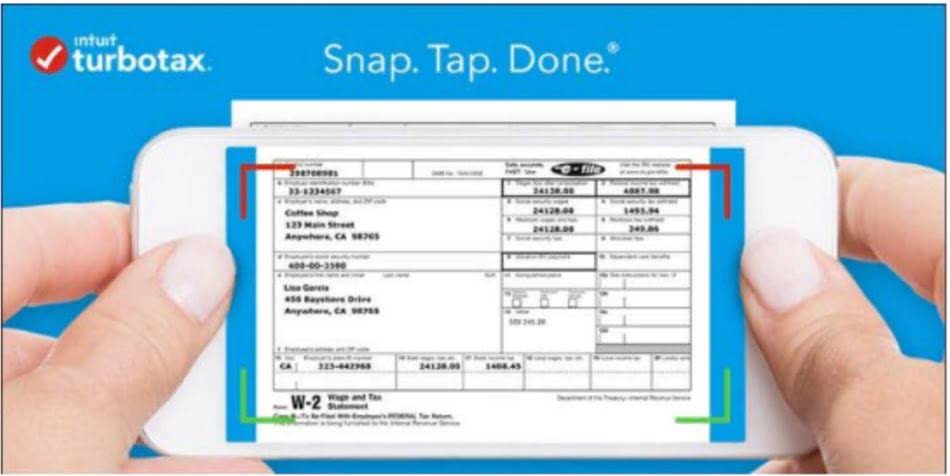
Private accounting, also called corporate or industrial accounting refers to accountants who serve one specific company or organization as part of its internal finance department. A single company employs private accountants instead of working for multiple clients. Public accounting refers to providing a collection of https://www.bookstime.com/articles/what-is-an-invoice financial or accounting services to one or more clients.

Increased earning potential
To receive a CPA license, applicants must pass the CPA exam administered by the National Association of State Boards of Accountancy. When a PAF registers public accounting examples with the PCAOB, it needs to pay a certain amount as the fees. Every year, INSIDE Public Accounting ranks the top 500 CPA firms in the nation based on net revenue, from the multi-billion-dollar Big 4 to No. 500. This Handbook contains the complete International Public Sector Accounting Standards, published as of January 31, 2022.

Understanding the role of public accountants
Their role extends beyond numbers; they are guardians of trust, ensuring that financial information remains accurate, transparent, and in compliance with regulations. In a world where investors, stakeholders, and the public demand financial accountability, public accountants play an indispensable role in maintaining the integrity of financial reporting. It signifies that an individual possesses the knowledge and skills necessary to uphold the highest standards of accounting and financial reporting. Armed with this certification, they join the ranks of elite professionals who are entrusted with the financial well-being of businesses and organizations. The public accountant also supports the preparation of the financial statements to ensure fair representation of the client companies’ results, financial position, and cash flows.
Why should I get a CPA license?
As a college student, I learned and liked that accounting is the basis and building block of many financial and business decisions. And I liked that there are lots of different job options and that I would not be unemployed after graduation. However, an accounting master’s degree can help students meet the CPA education requirement of 150 credits since most bachelor’s programs only https://www.instagram.com/bookstime_inc require 120 credits.

Accountants provide organizations with financial information so executives can make informed and effective decisions. For example, if you enjoy working more directly with clients, you may find being able to assist them directly with financial planning or defend them against the IRS to be more fulfilling. Similarly, if you enjoy strategy and planning, having a CPA license shows you have more in-depth knowledge of financial analysis. Some CPAs specialize in areas like forensic accounting, personal financial planning, and taxation. State CPA exams are created under guidelines issued by The American Institute of Certified Public Accountants (AICPA).
- Public accounting firms (PAFs) are engaged in providing public accounting services to individuals, public and private companies, non-profit organizations, and so on.
- The primary objective of an audit is to provide assurance to stakeholders, including shareholders, creditors, and the public, that a company’s financial statements are free from material misstatements or fraud.
- You’ll find five examples below, including corporate accounting, forensic accounting, and working in the government, non-profit, or academic sectors.
- Good communication skills are essential for public and private accountants, but public accountants are expected to have strong organizational skills.
- For example, if you enjoy working more directly with clients, you may find being able to assist them directly with financial planning or defend them against the IRS to be more fulfilling.
Difference Between Public and Private Accounting
Private accounting is concerned with the inner workings of businesses, governments, and agencies. In this role, you may or may not be a certified private accountant – not all private accounting jobs require certification, but it is often preferred. Private accountants work for specific companies and are an essential part of the success of any organization. For this reason, many public accountants eventually work in the private sector. Between having more freedom to work independently in financial accounting, audit and taxation, as well as having proven knowledge and expertise, CPAs are more sought after than non-licensed accountants. Not only do firms, government agencies, and private companies want to bring CPAs on to their staffs, CPAs can also open their own business, providing services to individuals, businesses and non-profits.
Public vs. Private Accounting Comparative Table

As a management accountant, you can pursue a certified management accounting (CMA) credential from the Institute of Management Accountants. CMAs are recognized experts in applying accounting principles to guide business growth and optimize operations. Management accountants specialize in translating financial information into actionable insights that businesses can use to their strategic advantage. They apply forecasting models, evaluate key performance indicators, analyze budgets, and examine financial data to identify both inefficiencies and opportunities. CPAs specializing in taxation help their clients prepare and file tax returns, reduce their tax burden, and avoid making mistakes that could lead to costly penalties. All CPAs need some knowledge of tax law, but specializing in taxation means this will be the focus of your work.

The world of public accounting is not immune to the winds of technological change. Accounting automation, artificial intelligence, and data analytics are transforming the way public accountants work. While these technological advancements bring challenges, they also open doors to new opportunities.
